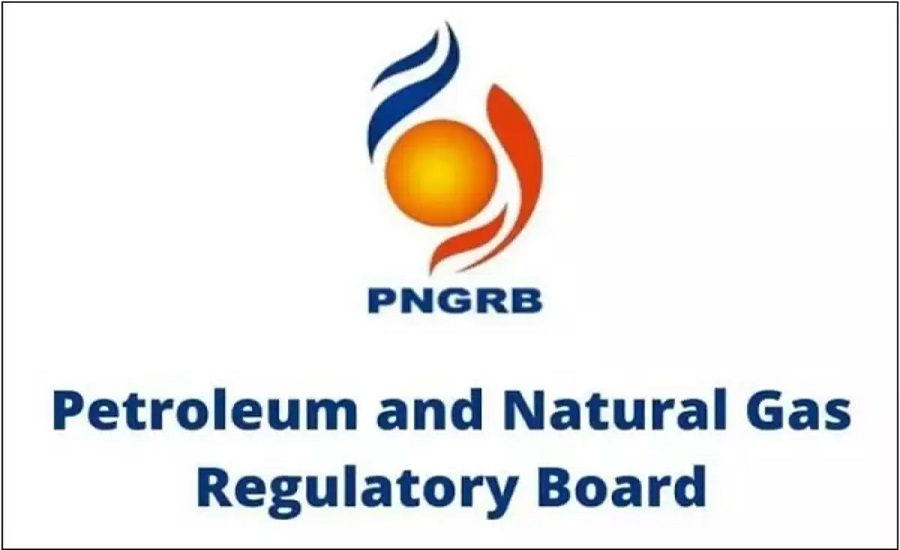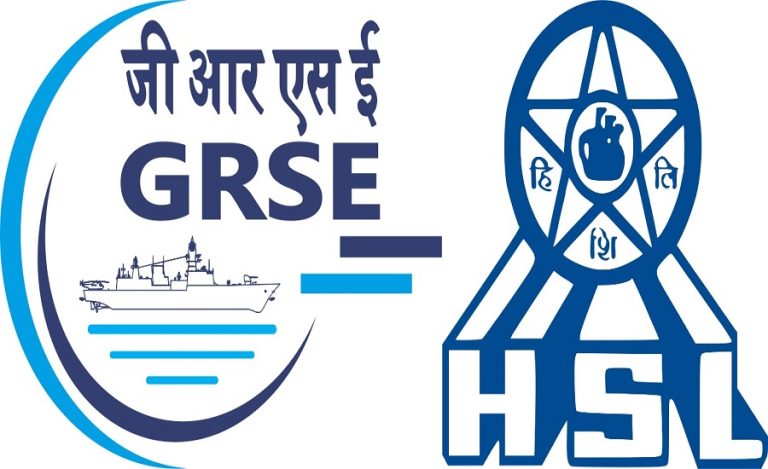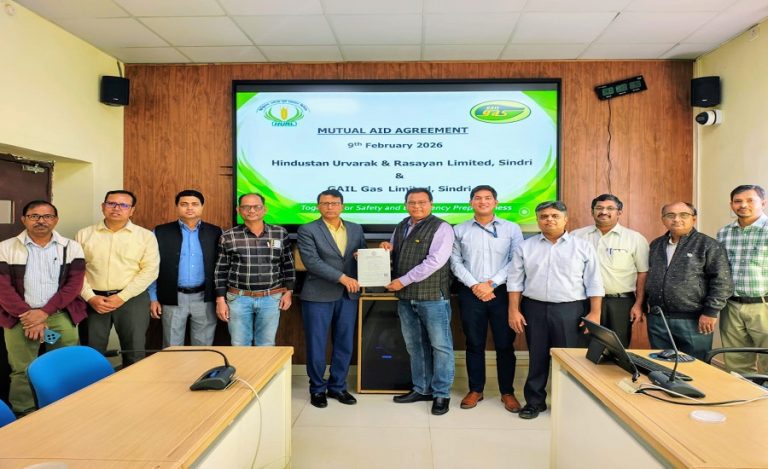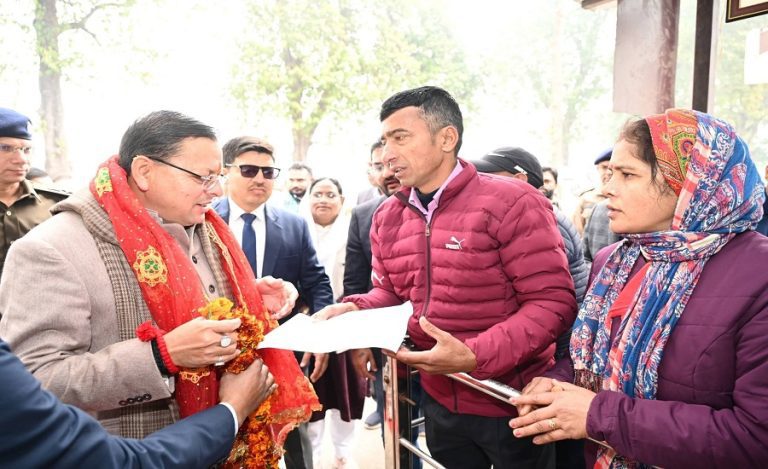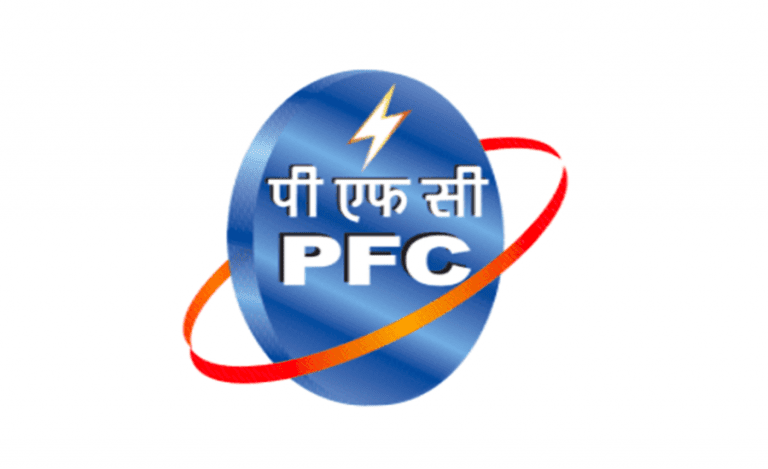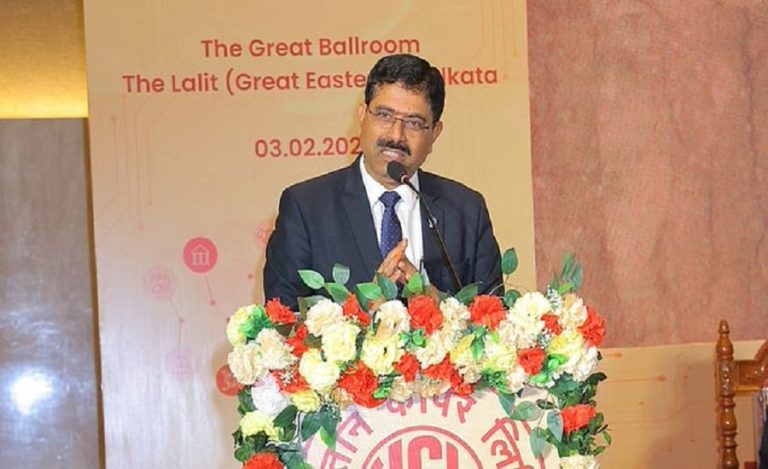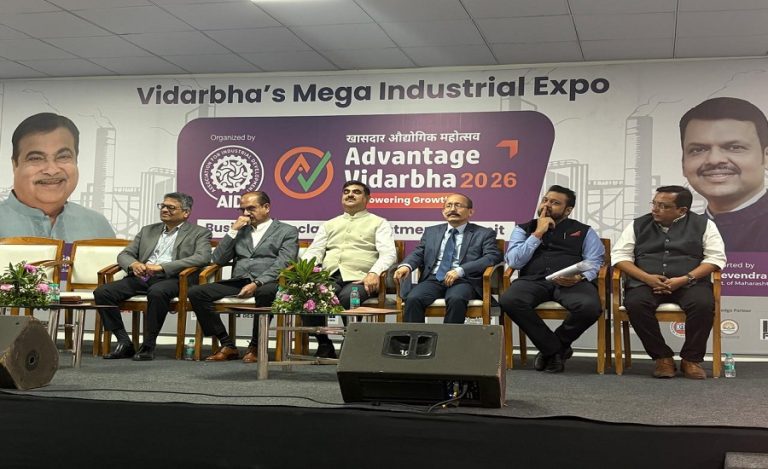New Delhi: India is taking a major step toward cleaner and more accessible energy. The Petroleum and Natural Gas Regulatory Board (PNGRB) has set an ambitious goal to connect over 12.63 crore households with Piped Natural Gas (PNG) and build 18,336 Compressed Natural Gas (CNG) stations across the country by 2034.
What Is the Goal?
The PNGRB’s new Minimum Work Programme (MWP) includes:
- 12.63 crore domestic PNG connections
- 18,336 CNG stations
- 5.46 lakh inch-km of new pipeline infrastructure
Out of this, a minimum of:
- 7.85 crore PNG connections
- 10,131 CNG stations
must be completed in various states by 2034.
This plan will help provide clean and affordable energy to millions of homes and fuel a greener transport system through more CNG availability.
PNG Network Already Covers Most of India
India’s City Gas Distribution (CGD) network is growing rapidly. It now covers:
- 307 Geographical Areas (GAs)
- 784 districts
- 34 states and Union Territories
The network already reaches nearly 100% of India’s land area, except for island territories. This means the country is well-prepared to scale up PNG and CNG services.
Strong Growth in 2024–25
In financial year 2024–25, India added 21 lakh new PNG connections—a significant increase that helped boost nationwide gas sales by 11%. This shows rising demand for natural gas among households and growing awareness of cleaner fuel options.
Government and States Must Work Together
PNGRB highlighted that strong cooperation between the central and state governments and the companies involved in gas distribution is essential to meet these big targets. A coordinated effort will ensure smooth project execution and timely delivery.
Why This Matters
This initiative is part of India’s bigger vision to become a gas-based economy. It supports:
- Energy security by reducing dependence on imported oil
- Cleaner air through lower carbon emissions
- Equitable energy access, especially in smaller cities and towns
By expanding the CGD network, India is creating a future where clean energy is available to every household.
About PNGRB
The Petroleum and Natural Gas Regulatory Board (PNGRB) is India’s statutory regulator for the petroleum and natural gas sector, established under the PNGRB Act, 2006. It is responsible for regulating refining, transportation, distribution, marketing, and sale of petroleum products and natural gas, ensuring fair trade practices, consumer protection, and fostering investment in infrastructure. PNGRB also oversees pipeline tariff structures, licensing of city gas distribution networks, and facilitates the development of a competitive and transparent energy market in line with national energy goals.
Read also: PNGRB Unveils Plan for Emergency Response Centers to Boost Industrial Safety in Petroleum Sector

